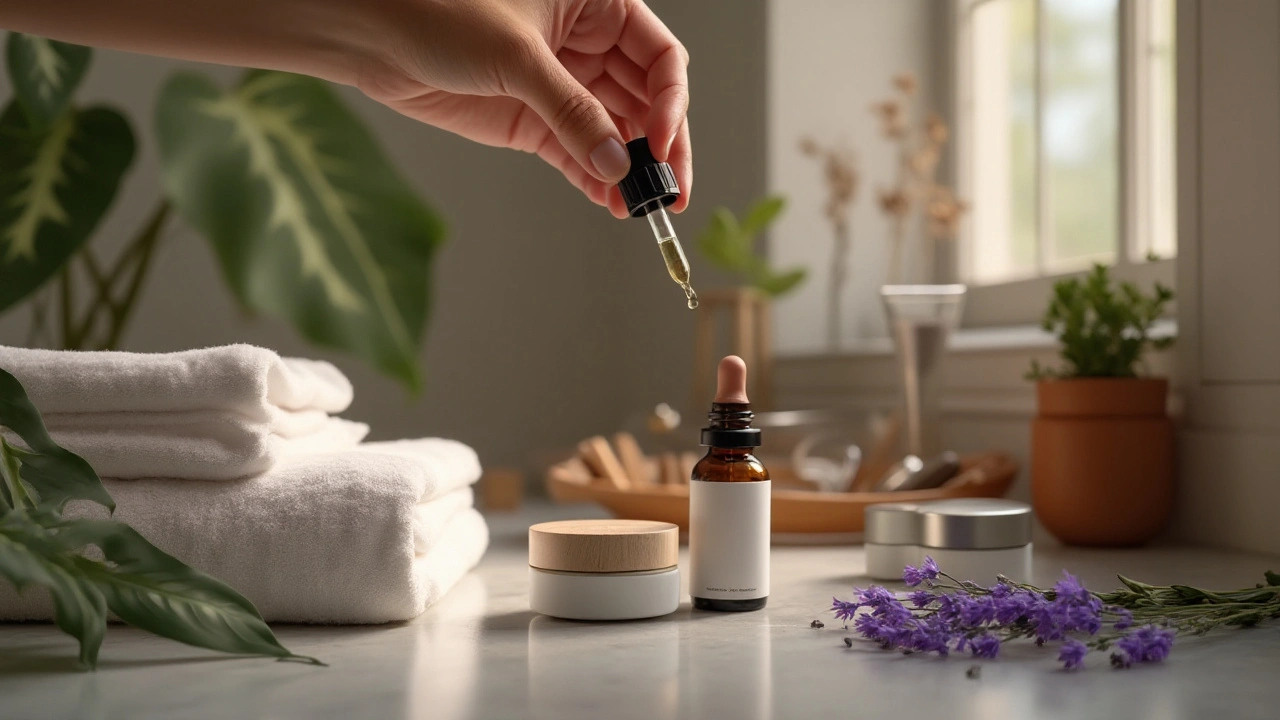Hair care: Practical tips for everyday healthy hair
You don’t need dozens of products to get better hair. Small, consistent habits often beat expensive trends. Below are clear, practical steps you can use right away, whether your hair is thin, curly, colored, or thick.
Daily and weekly routine
Wash based on your hair and scalp, not a calendar. If your scalp gets oily fast, shampoo every other day. If it’s dry, twice a week is usually enough. Use a gentle sulfate-free shampoo and match your conditioner to your hair type—lightweight for fine hair, richer for coarse or curly hair.
Always focus conditioner on the mid-lengths and ends, not the roots. Rinse with cool water at the end to help seal the cuticle and add shine. When towel-drying, blot or squeeze gently; never rub hard. Use a wide-tooth comb on wet hair to detangle, starting at the ends and working up.
Heat tools are fine if you use them smartly. Apply a heat protectant spray, keep the temperature moderate (below 180°C / 350°F when possible), and don’t use high heat on damp hair. Give your hair off-days from styling tools—air-dry or use braids and buns to shape it without heat.
Fixing common problems
Split ends? Trim 1/2 inch every 8–12 weeks to stop damage from moving up the strand. Excess shedding or thinner hair? Check basic health factors first: sleep, stress, diet, and iron levels. Sudden, heavy shedding or scalp pain deserves a visit to a doctor or dermatologist.
Dry scalp vs oily scalp need different care. For dry, try a weekly oil treatment (coconut or olive oil warmed slightly, left for 30–60 minutes) or a gentle moisturizing shampoo. For oily scalps, use a clarifying shampoo once a week and avoid heavy oils near the roots. If you have flakes that don’t improve, look for a medicated shampoo and consult a pro.
Color-treated hair benefits from sulfate-free products and occasional deep conditioning. Use purple shampoo to control brassy tones on blonde hair—only once a week at first to judge the effect.
Diet matters. Aim for regular protein (eggs, fish, beans), healthy fats (avocado, salmon), and iron-rich foods (leafy greens, lean meats). A balanced diet supports hair growth and strength. Supplements like biotin can help some people, but don’t expect dramatic fixes overnight.
Small habits add up: sleep on a silk pillowcase to reduce friction, avoid tight hairstyles that stress the hairline, and protect hair from sun and chlorine with hats or leave-in sprays. When trying new products, introduce one at a time so you can see the real effect.
If you’re unsure where to start, simplify: pick a gentle shampoo and matching conditioner, trim regularly, protect from heat, and eat well. Those actions fix most everyday hair issues and keep your hair looking better over time.
Aromatherapy Benefits in Cosmetics: Healthier Skin and Hair
Discover the benefits of incorporating aromatherapy in cosmetics. Learn how essential oils can enhance your skin and hair care routine. Understand the science behind these natural ingredients and gain practical tips for everyday use.
View More





